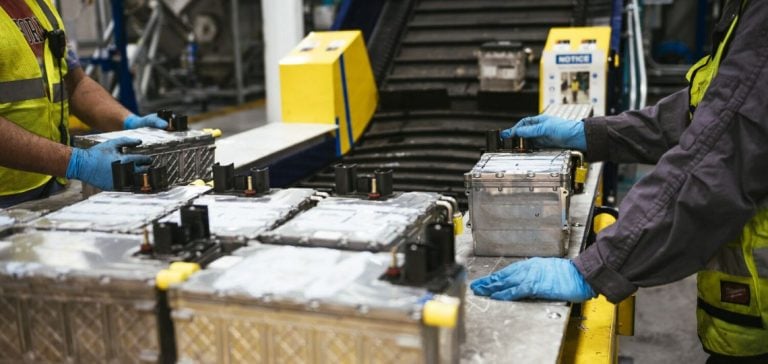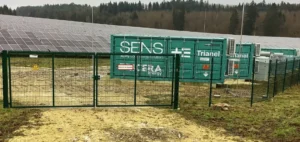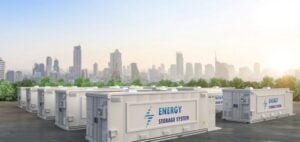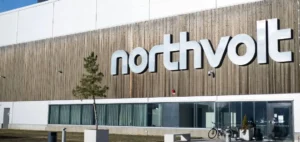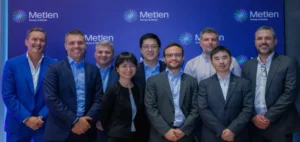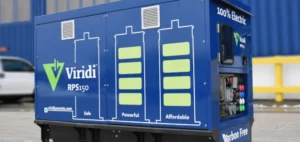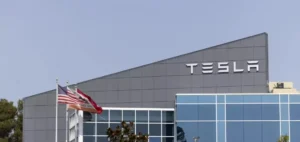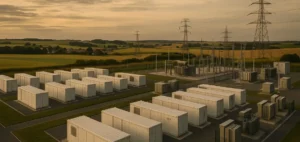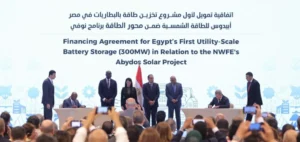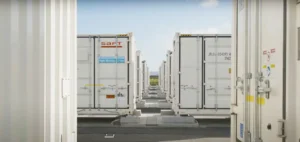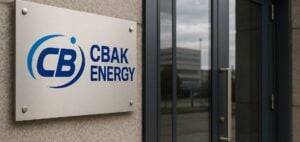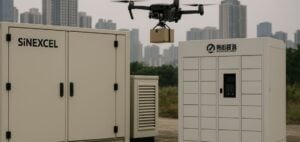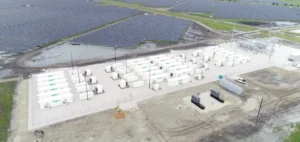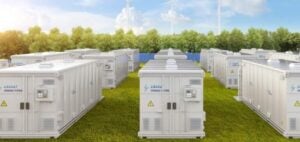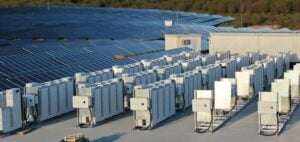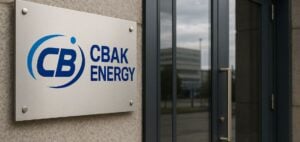American Battery Technology (ABTC) has been awarded a US$150 million grant by the U.S. Department of Energy (U.S. DOE) to finance the construction of its second lithium-ion battery recycling plant. This facility aims to process around 100,000 tonnes of material each year, as part of the national strategy to secure supplies of metals essential to the electrification of the economy.
The project reflects the growing importance of recycling technologies in the management of critical resources.
The development of this plant is based on in-house technologies for processing and extracting battery materials.
Unlike traditional methods such as smelting or crushing, these technologies enable the production of quality materials, while reducing the environmental footprint.
By increasing domestic recycling capacity, the company is helping to strengthen the United States’ independence in terms of battery metals, essential for the automotive and renewable energy industries.
A project based on solid partnerships
The grant is accompanied by a strategy of partnerships with key players in the sector.
ABTC is collaborating with companies such as BASF for the supply of raw materials and Siemens for plant engineering.
The Clemson University International Center for Automotive Research (CU-ICAR) and Argonne National Laboratory are also involved in the project.
These alliances will enable us to pool our technological expertise and guarantee the project’s success, both operationally and strategically.
The new plant is expected to generate 1,200 jobs during the construction phase, and a further 300 once fully operational.
ABTC relies on a partnership model between local communities, academic institutions and government to structure a sustainable energy network, while ensuring economic opportunities in underserved areas.
Strengthening the domestic supply chain
The strengthening of the critical metals supply chain in the USA is taking place against a backdrop of increasing international competition, particularly with China, the world leader in the processing and production of battery materials.
The USA is seeking to reduce its dependence on imports, and this project is an example of the national effort to create a circular and local supply.
ABTC is thus positioning itself as a strategic player in the battery industry, with the ambition of securing domestic resources while supporting the country’s decarbonization objectives.
This grant comes on top of a series of financing already secured by the company, including USD 20 million in 2022 to develop next-generation recycling technologies.
A strategy of continuous innovation
The planned plant is ABTC’s second after the one commissioned in 2023 near Reno, Nevada.
This first plant serves as a model for large-scale recycling operations.
ABTC has designed processes to maximize efficiency while reducing production costs.
These innovative technologies are part of a strategy of economic and strategic sustainability.
ABTC has also received public funding for its projects to transform clay into lithium hydroxide, a critical raw material for battery manufacture.
The development of this sector should make it possible to diversify lithium sources away from traditional mining methods, thus contributing to the country’s self-sufficiency in battery resources.
The key role of federal subsidies
Since 2021, the Department of Energy has supported ABTC’s initiatives through several grant programs.
In addition to the US$150 million recently awarded, the company has already received financial support for a US$115 million project to build a commercial lithium hydroxide refinery.
Such public investment is essential to accelerate the commercialization of recycling technologies and the production of battery metals.
The current grant is part of a broader federal policy to boost the critical metals industry in the United States.
These metals, essential for the electrification of transport and the energy transition, represent a strategic challenge in the global geopolitical context.

